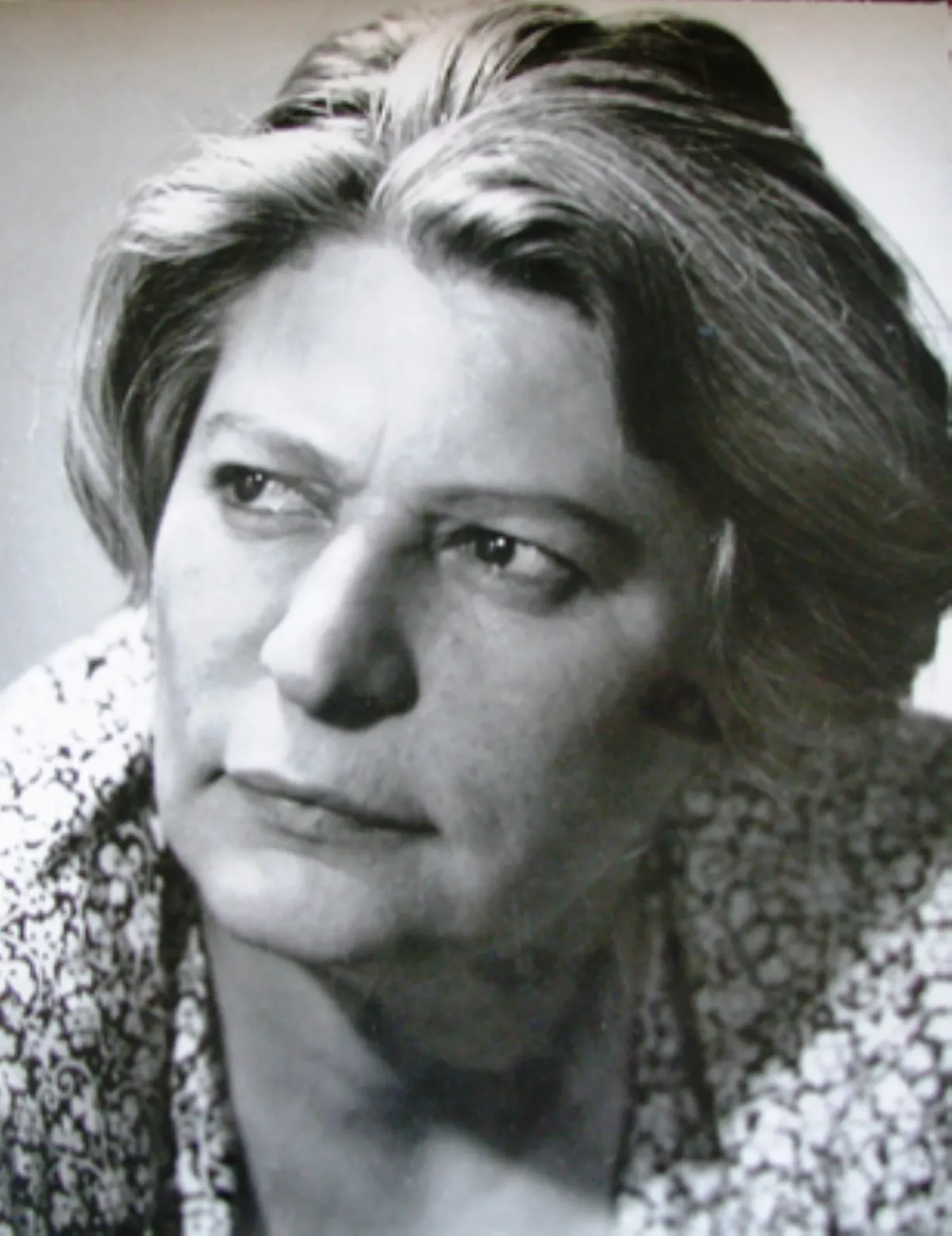 1.
1. Ana Pauker became the world's first female foreign minister when entering office in December 1947.

 1.
1. Ana Pauker became the world's first female foreign minister when entering office in December 1947.
Ana Pauker was the unofficial leader of the Romanian Communist Party immediately after World War II.
Ana Pauker's father was a traditional slaughterer and synagogue functionary, her mother a small-time food seller.
In 1928, Ana Pauker moved to Moscow to join the Comintern's International Lenin School, which trained senior Communist functionaries.
Ana Pauker went to France, where she became an instructor for the Comintern being involved in the communist movement elsewhere in the Balkans.
Ana Pauker was the chief defendant in a widely publicized trial with other leading communists and was sentenced to ten years in prison.
Ana Pauker returned to Romania in 1944 when the Red Army entered the country, becoming a member of the post-war government, which came to be dominated by the communists.
In November 1947, the non-communist foreign minister Gheorghe Tatarescu was ousted and replaced by Ana Pauker, making her the first woman in the modern world to hold such a post.
Unquestionably, Ana Pauker played a pivotal role in the imposition of communism on Romania.
Ana Pauker was certainly complicit in the extensive purges and arrests in 1945 of tens of thousands of Romanians who were linked to the fascist Ion Antonescu regime.
Ana Pauker encouraged coalitions with the 'historical' parties, urged compromises with 'bourgeois' politicians, and sought to deflect the persecution of social democrats and liberals.
Nevertheless, Ana Pauker paradoxically promoted a number of policies counter to those of the Kremlin during the Cominform period of "high Stalinism", when the Soviet Union imposed a single, hegemonic line on all its satellites.
This, as well as her support beginning in 1947 for higher prices for agricultural products in defiance of her Soviet "advisers", along with her favoring the integration of kulaks into the emerging socialist order, led Stalin to charge that Ana Pauker had fatefully deviated into "peasantist, non-Marxist policies".
The charges against Ana Pauker increasingly focused on her positions on Zionism and Israel.
Ana Pauker was arrested on 18 February 1953 and subjected to tightened interrogations and a soft form of torture in preparation for a show trial, as had occurred with Rudolf Slansky and others in the Prague Trials.
Ana Pauker died on 3 June 1960 of cardiac arrest, after the cancer had spread to her heart and lungs.
Ana Pauker was recast by Romania's leaders in the official party history as having been a staunch ultra-orthodox Stalinist, even though she had opposed or had attempted to moderate a number of Stalinist policies while she was in a leadership position.
The fall of Ana Pauker was a significant step in a process that precluded any reformist leadership from prevailing in Romania and fated its citizens to endure the extreme hardship that would culminate in the Ceausescu regime.
Ana Pauker married Marcel Pauker in 1921, from whom she divorced in 1930.
Ana Pauker had a fourth child, Masha, fathered by the Czech-Jewish Communist Eugen Fried; Masha, who was born in Moscow, was raised in France by her father.
Ana Pauker adopted a fifth child, Alexandru, in the late 1940s.